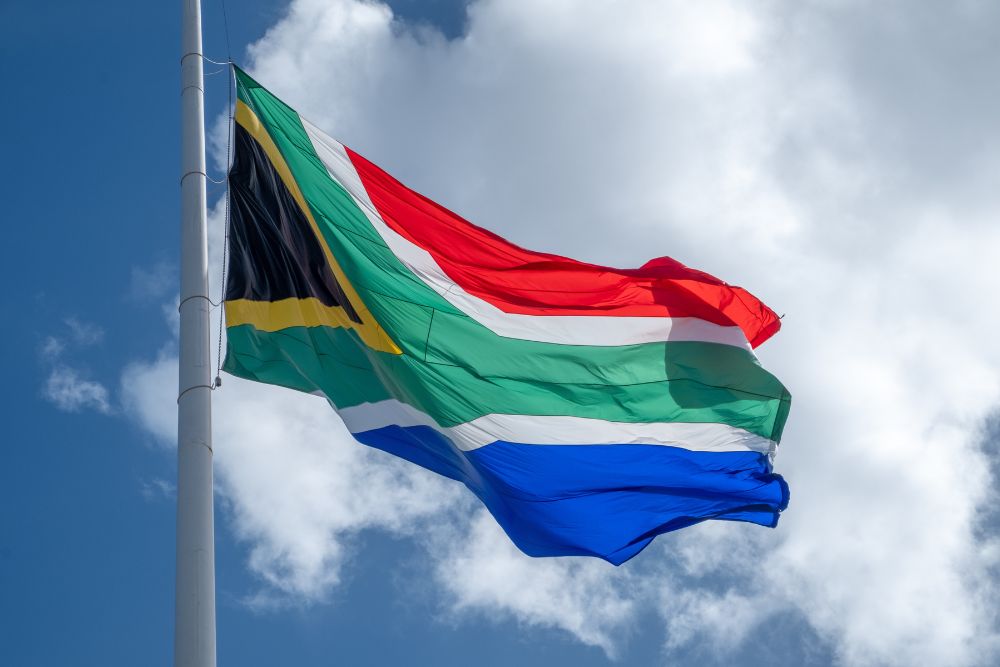The staff of the Socio-Economic Rights Institute of South Africa (SERI) – a South African human rights non-profit organisation – have received death threats and other threats of violence, forcing the organization to temporarily close down its offices. This follows SERI’s decision to provide legal representation to a group of about 600 informal traders to help them challenge their eviction by the City of Johannesburg from their trading stalls before the Gauteng Local Division of the High Court, Johannesburg
Their eviction aimed to remove foreign nationals from the trading precinct. The High Court ruled in favour of the informal traders, allowing them to return to their trading stalls. However, Councillor Nkululeko Mbundu, a local government official and politician, issued a public statement on Twitter, blaming SERI and others for facilitating the “invasion” of the trading precinct by foreign nationals. This statement prompted a response on social media by certain groups and individuals who threatened to burn down SERI’s offices, kill the lawyers and otherwise harm SERI’s staff.
The International Commission of Jurists (ICJ) condemns the threats against SERI lawyers and staff and views them as serious attacks against the individual lawyers concerned and the independence of the legal profession as a whole.
Commenting on the threats against SERI lawyers and staff, ICJ Africa Director Kaajal Ramjathan-Keogh said:
“ICJ stands in solidarity with SERI who have told us that the threats emerged in response to public statements by Nkululeko Mbundu, the City of Johannesburg’s member of the mayoral committee (MMC) for economic development and an ActionSA councillor. His speech and actions have prompted others to threaten and incite violence, hatred, racism and xenophobia. The ICJ condemns unreservedly Mr Mbundu’s actions and the threats against SERI lawyers and staff in their wake, and calls on the authorities to investigate and hold all those responsible to account, including Mr Mbundu, and last, but certainly not least, to ensure the safety of SERI lawyers and staff. It is the authorities’ duty to ensure that lawyers are able to perform all of their professional functions without intimidation, hindrance, harassment or improper interference.”
ICJ commends South Africa’s Department of Justice for issuing a public statement condemning both Councillor Mbundu’s irresponsible tweets and the threats against SERI which ensued from those tweets. However, the ICJ calls upon the government of South Africa to do more in order to fulfil its obligation under paragraph 17 of the United Nations Basic Principles on the Role of Lawyers and paragraph G of the Principles and Guidelines on the Right to a Fair Trial and Legal Assistance in Africa, to ensure that, “where the security of lawyers is threatened as a result of discharging their functions, they shall be adequately safeguarded by the authorities.” In this regard, the ICJ also calls upon the Department of Justice and the City of Johannesburg to conduct thorough investigations with the intention to bring to account those responsible for the death threats and the other threats of violence against SERI lawyers and staff.
Threats against the independence of lawyers undermine the ability of lawyers to protect human rights and the rule of law.
Under Principle 16 of the United Nations Basic Principles on the Role of Lawyers, South Africa has an international obligation to ensure that:
(a) lawyers are able to perform all of their professional functions without intimidation, hindrance, harassment or improper interference;….(c) shall not suffer, or be threatened with, prosecution or administrative, economic or other sanctions for any action taken in accordance with recognized professional duties, standards and ethics.
Similar obligations are underscored in paragraphs G(B)(1) and (d) of the Principles and Guidelines on the Right to a Fair Trial and Legal Assistance in Africa, adopted by the African Commission on Human and People’s Rights in 2003.





